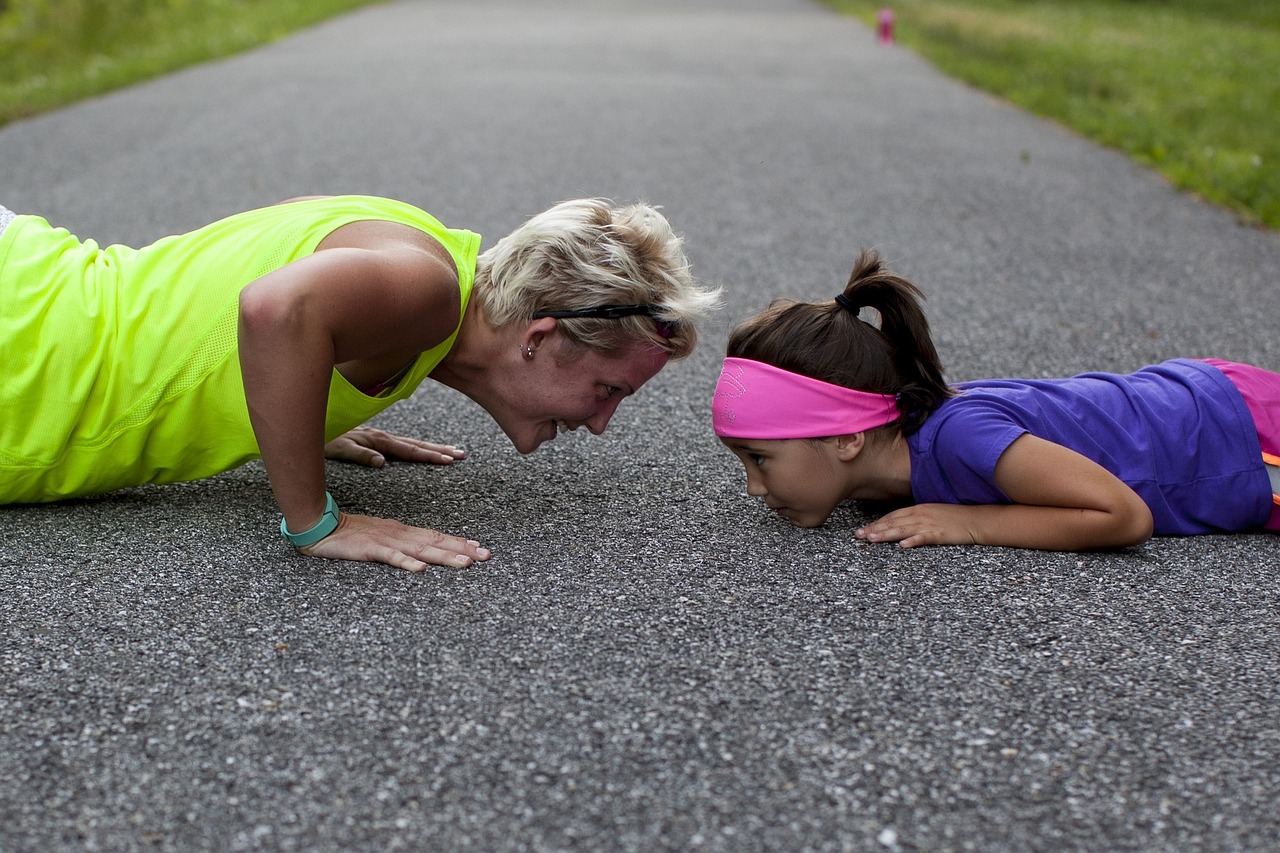
Taking Care of Your Breast Health: What You Should Know to Lower Your Breast Cancer Risk
As a breast cancer surgeon, I’m often asked what women can do to prevent getting breast cancer. Unfortunately, there is no known way to completely prevent breast cancer (yet!), but there are important changes and choices you can make to reduce your chance of getting breast cancer.
1. KNOW YOUR (and your family’s) HISTORY

Although only an estimated 10 percent of diagnosed breast cancers are hereditary, risk-reducing treatments are available for women with a genetic mutation that puts them at high-risk for breast cancer. Knowing if any of your relatives have been diagnosed with breast cancer or other cancers can help determine if you might be at higher risk and should potentially consider genetic testing.
Other personal factors can also increase your risk for future breast cancer, including if you’ve had any prior history of breast biopsies showing atypical cells or a history of radiation to your chest. You can look at the National Cancer Institute’s Breast Cancer Risk Assessment Tool to learn more about your personal breast cancer risk. If you are at elevated risk, you should consider a referral to a breast cancer specialist to talk about options for reducing your risk.
2. EAT YOUR VEGETABLES (and fruits and fish and nuts)

Foods full of carotenoids have been shown to reduce breast cancer risk by up to 20 percent. Carotenoids can be found in red-orange fruits and vegetables, leafy greens, and salmon. Try to set a goal of eating a rainbow of colors at every meal for improving not only your breast health, but also your overall health and well-being.
3. BE ACTIVE
Numerous studies in the United States and throughout the world have shown the importance of physical exercise in reducing breast cancer risk. Some studies have shown the risk reduction benefit to be as high as 80 percent! The current recommendation is to have 30 to 60 minutes per day of moderate- to high-intensity physical activity, which can include vigorous walking to yoga to running and everything in between.
4. DRINK IN MODERATION
Although alcohol has been shown to have several health benefits for your heart and blood pressure, increased alcohol consumption has been linked to increased risk of breast cancer. This doesn’t mean you have to stop enjoying an occasional glass of wine or cocktail, just try to limit it to an average of ½ to 1 drink per day over the course of a week.
5. STOP SMOKING

Smoking has been shown to increase the risk of breast cancer in younger women, as well as cause a number of other health problems. If you’re not currently smoking, definitely do not start! If you are smoking, quitting is one of the best things you can do for your health. The American Lung Association offers a free online smoking cessation program if you want to learn more.
6. GET YOUR MAMMOGRAMS
The current American Cancer Society guidelines for women at average risk for breast cancer are to start yearly screening mammograms at the age of 45 (though based on personal or family history, women may want to consider starting at age 40 or even earlier in some cases). Mammography can help detect breast cancers at earlier stages, which can impact the kinds of treatment required as well as improve survival rates. There is currently a lot of research being done to try to personalize breast cancer screening for women, so ask your doctor about opportunities for new and different breast cancer screening options.
For more information on breast cancer care, please visit www.annepeledmd.com or call us at (415) 923-3011 to schedule an appointment. Our goal is to provide a personalized, thoughtful approach to care that comprehensively addresses all of the components needed to optimize your surgical outcome and your experience through the process.



